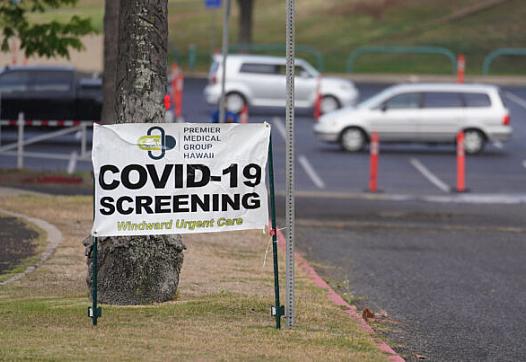
Pacific Islanders — not including Native Hawaiians — make up 30% of Hawaii’s coronavirus cases but only 4% of the population.

Pacific Islanders — not including Native Hawaiians — make up 30% of Hawaii’s coronavirus cases but only 4% of the population.
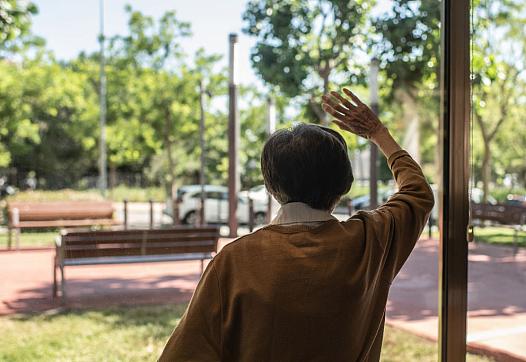
Innovative programs spring up to help vulnerable adults stay connected.

Even as hopes for ending the COVID-19 pandemic hinge on a vaccine, Oregon saw a "sharp reduction" in the number of other vaccines administered to children and adults, according to an official tally by the state.
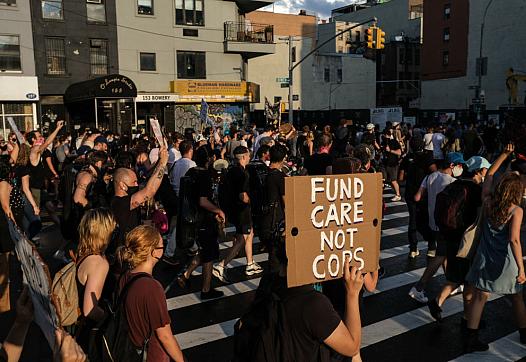
There have been growing calls for U.S. cities to rethink how they police their communities in the wake of George Floyd’s killing and nationwide protests against police brutality and systemic racism against communities of color. The range of proposals is vast.
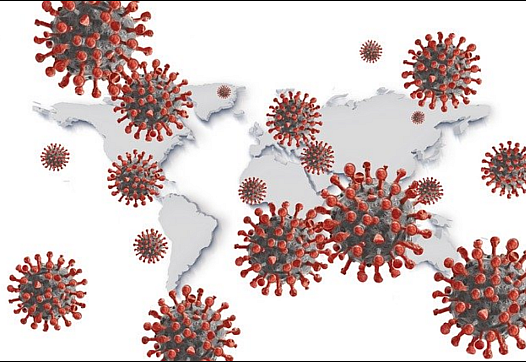
Each Monday, while the pandemic runs its course, The Coronavirus Files will provide tips and resources and highlight exemplary work to help you with your reporting.

Rural women in Alaska must travel long distances for prenatal care and hospital births. Now, COVID-19 has shut down major routes and reduced transportation.

Child welfare is an already stressed system in Native communities, leaving children even more susceptible to the impacts of COVID-19.
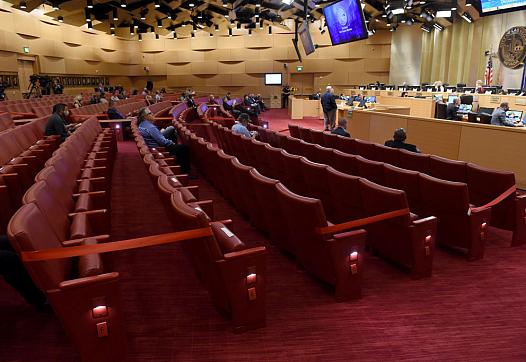
Now is the time to start building timelines and documenting how local governments are handling — or fumbling — the COVID-19 crisis.
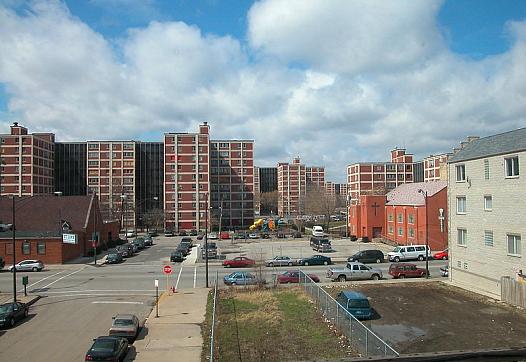
How many other environmental disasters like the West Calumet Housing Complex are still undiscovered?

“You can’t allow a lack of data to stop you from reporting," says Poynter's Al Tompkins. "Report what you don’t have and constantly pound on that.”